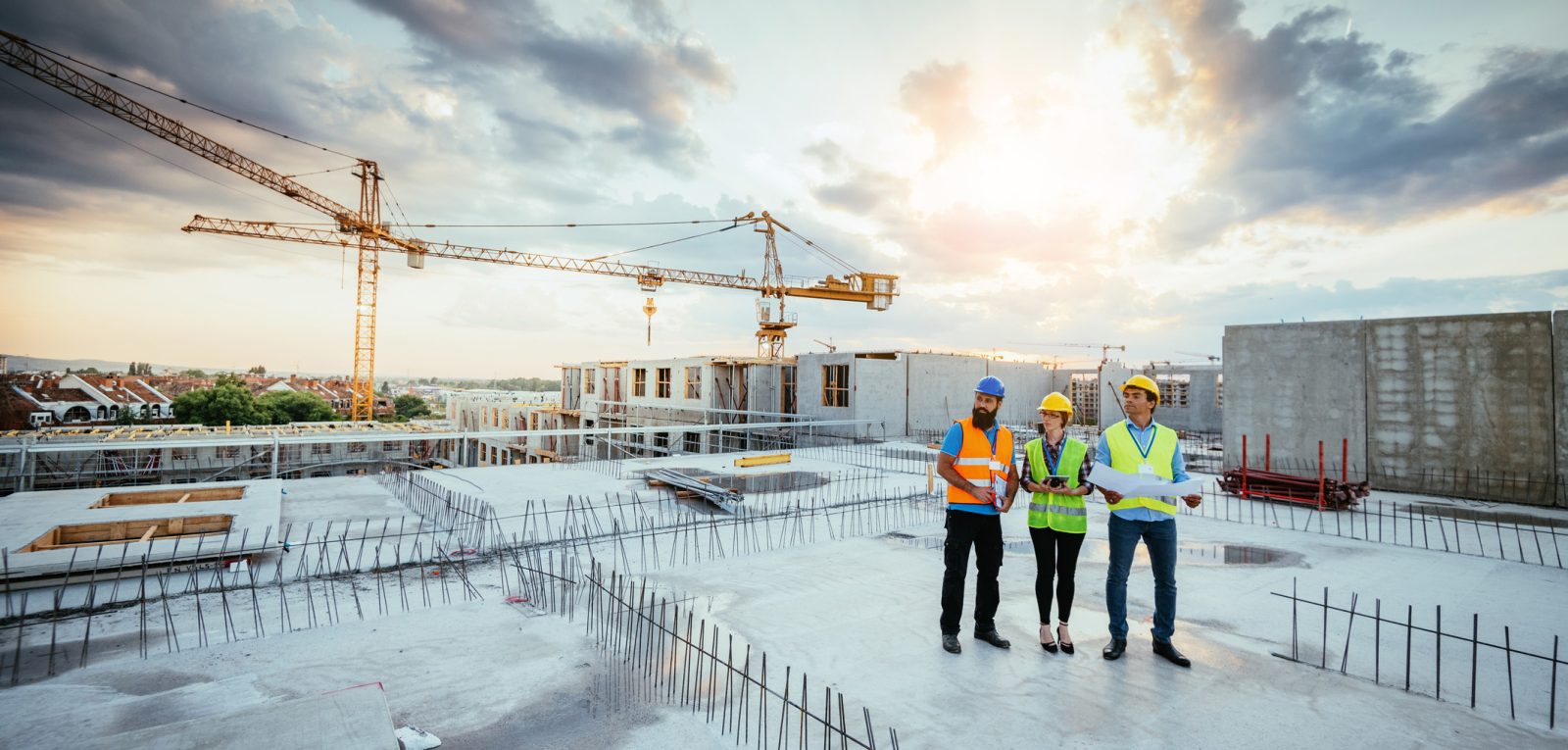The UN’s fully articulated efforts on the critically important topic of global sustainable development have been in play for the better part of a decade now, and while significant and measurable progress has been made, the road ahead entails much more work and greater coordination of efforts which standards development and implementation can underpin.
In December 2022, CCC hosted “Workflow of the Future: Standards & Sustainability” a webcast where a panel of industry experts discussed sustainability challenges in trying to reduce our impact on the environment and in managing the effects of the changing environment itself.
The first post in this series summarized comments by Holly Elwood, Senior Advisor for the EPA’s Environmentally Preferable Purchasing Program, which helps federal agencies factor the environment into more sustainable purchasing decisions. The second post covered remarks by Maike Luiken, chair of IEEE’s Planet Positive 2030 Initiative.
Holly Neber, CEO of AEI Consultants was our third featured speaker. AEI is an employee-owned property consulting firm that provides property due diligence, sustainability assessment, and consulting services for issues like climate risk and other natural hazards. Holly also contributes her time to shepherding the ongoing work of the ASTM Property Resilience Assessment workgroup.
Holly described the working group’s efforts, and focused on a guide they are developing which will provide a much-needed standardized framework for describing and assessing physical risk associate with building development:
“The commercial real estate investment, ownership and finance community along with the property assessment and engineering community are currently requesting and performing climate change and natural hazard vulnerability, risk and resilience measure reporting in response to growing concerns about natural hazards and requirements of some ESG reporting frameworks…”
As Holly told us,
“…there is no globally recognized consensus-based standard on how to assess that risk at the property level. There are many standards that have been developed for portfolios to identify the physical risk within a portfolio or to identify the risk at the community level. But there are not so many for the property level.”
Taken together, the presentations in this event were successful in bringing home the message that the worldwide sustainability agenda is making huge progress across our business, professional and personal lives. And yet, there is much more work to be done to achieve such goals as Net Zero.
This webcast was supported by the U.S. Department of Commerce’s International Trade Administration’s Market Development Cooperator Program.


